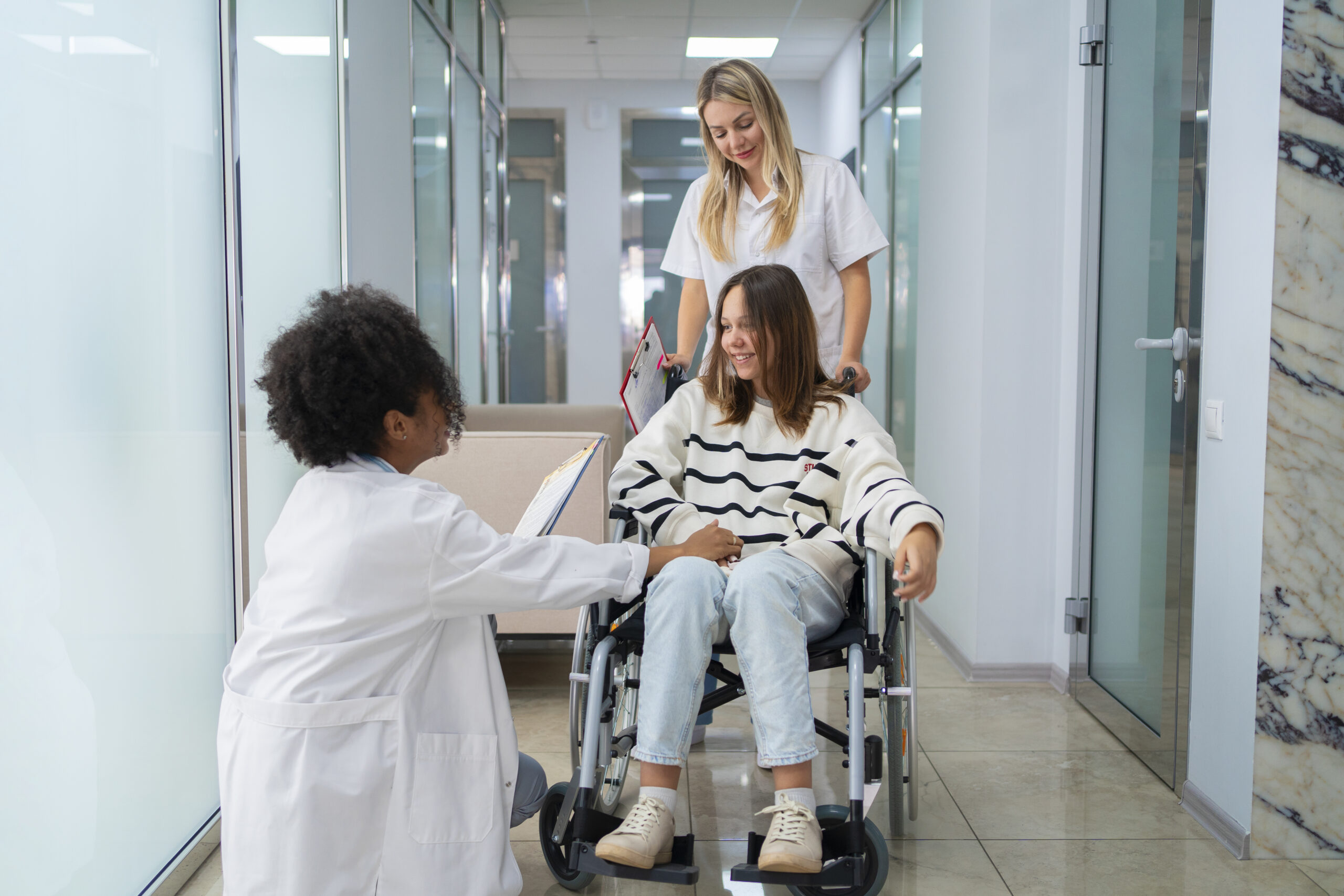Esophagogastroduodenoscopy (EGD) in Utah
What is esophagogastroduodenoscopy?
An esophagogastroduodenoscopy (EGD) is a diagnostic GI test in which a long, skinny, soft tube (or scope) is inserted through the mouth and carefully snaked down to the duodenum (the name for the first portion of the small intestine). Our scope has a light and camera on the end, which helps our physicians at Utah Gastroenterology to easily examine the lining of the esophagus, stomach, and the beginning of the small intestine.
An EGD procedure is performed to diagnose the explanation of GI symptoms like abdominal pain, heartburn/reflux, difficulty swallowing, bleeding, or unusual x-ray outcomes. An EGD may also be performed for Utah patients with chronic heartburn symptoms to search for signs of esophageal cancer. Should you require an EGD, schedule a visit with a GI physician at Utah Gastroenterology.

What are the benefits of an EGD?
Having an esophagogastroduodenoscopy can be advantageous for several reasons. The exam can enable your GI provider to directly evaluate the inner structures of the esophagus, stomach, and duodenum (or the first part of the small intestine). Additional benefits of an EGD are:
- Helps in diagnosing several digestive issues (including GI infections, Crohn’s disease, GERD, celiac disease, and others)
- Enables polyp removal, tissue biopsies, and other small procedures
- May help discern the causes of symptoms, like pain or discomfort, heartburn, nausea, and vomiting
- Generally is a quick, safe, and efficient process
What can I expect the day before my esophagogastroduodenoscopy?
Your doctor will reach out to you prior to your EGD with instructions on how to prepare for the exam. Many of our patients are able to eat as any other day the day before the exam. You may be instructed not to take anything by mouth after 12 a.m. except for medications. It is crucial that you abide by the instructions given to you by your doctor at Utah Gastroenterology. We will also provide more direction regarding any medications you take. Typically, you can take your medications as you normally would. However, there are certain situations where this may not be true, especially in regard to blood thinners (i.e., Coumadin®, warfarin, Plavix®, aspirin, anti-inflammatories) or if you have diabetes. If this pertains to you, our team will give you different instructions.
What can I expect on the day of my EGD?
Your physician will instruct you to arrive at our Utah office 60 – 90 minutes prior to your exam. You will need to replace the clothes you’re wearing with a hospital gown. An IV will be started in your arm or another area so sedation can be administered. You will be connected to equipment that will allow our team to track your heart rate, blood pressure, and more throughout your EGD.
Once you’re in one of our comfortable exam rooms, we’ll ask you to lie on your left side on the stretcher. Intravenous (IV) sedation will be started. Once an adequate level of sedation is achieved, the endoscope will be inserted into your mouth. The endoscope will be gently moved through your esophagus, stomach, and the duodenum. Injecting a small amount of air through the scope into the GI tract will help the physician to see. Any leftover fluid in the upper gastrointestinal tract will be removed through the endoscope. Based on the results of the exam, a variety of things could be done, including biopsies, the removal of polyps, and control of bleeding. Typically, the exam takes between 10 – 20 minutes. Following the exam, we will take you to one of our comfortable recovery rooms, where you will be monitored as the sedation wears off.
When will I receive my results?
Following your EGD, your provider will review the findings of your exam with you. A number of our patients can’t recall this conversation later on because of the effects of the intravenous sedation. We encourage you to bring a family member with you to this discussion. We can also give you a typed review of what we discussed. In many cases, we will have biopsy results within a week.
Are there any risks with an EGD?
Overall, an EGD is a safe procedure, with complications occurring in fewer than 1% of patients. The complications that may arise are generally not life-threatening, but they might require hospitalization and surgery should they occur. Before beginning the exam, a consent form will be shared with you by the nursing staff. If you have any questions or concerns, these can be discussed with your physician prior to your procedure.
Like any other test, an esophagogastroduodenoscopy is not foolproof. There is always a small, recognized opportunity that abnormalities, like cancers, may be missed during the esophagogastroduodenoscopy. It is vital to keep up with your doctors and inform them of any new or incessant problems.
Are there other choices to an EGD?
Any alternatives you have for an esophagogastroduodenoscopy will depend largely on why the procedure is needed in the first place. Generally, an esophagogastroduodenoscopy is the most effective treatment to find and diagnose any suspicious findings in the upper GI tract. However, the x-ray called an upper GI/barium swallow can check your upper GI tract also. Keep in mind that these tests can only diagnose issues, not treat them. Treating these findings could involve an EGD or surgery.
EGD FAQs
Is an EGD the same procedure as an upper endoscopy?
You might hear an EGD (esophagogastroduodenoscopy) referred to by a variety of names. In some cases, it may be referenced as an “upper endoscopy” or a “gastroscopy.” While these terms may vary, they are generally the same procedure as an EGD.
What are regarded as "normal" results for an EGD procedure?
Results that are “normal” for an EGD test generally indicate that your provider did not identify abnormalities in the upper GI tract. However, normal results might be indicated by a smooth texture and normal color of the tissue in your esophageal, stomach, and duodenal areas. Furthermore, there should not be any signs of bleeding, inflammation, or growths in these tissues. It is imperative to know that a “normal” EGD result doesn’t always rule out all medical conditions. Some issues might not be visible with an EGD or may be present in another part of the GI tract, beyond the reach of the endoscope used to conduct the procedure.
When might an EGD be advised?
Your Utah Gastroenterology doctor may recommend an esophagogastroduodenoscopy if you have liver cirrhosis or Crohn’s disease to help keep track of these health conditions. In addition, an esophagogastroduodenoscopy might be requested should you experience:
- Tarry or black stool
- Vomiting of blood
- Heartburn
- Upper abdominal pain or discomfort
- Difficulty swallowing
- Unintentional weight loss
- Persistent nausea
What do I need to bring to my EGD procedure?
When you come in for your esophagogastroduodenoscopy test, you might be asked to complete some paperwork. As such, please carry your insurance card and ID with you to your visit. It may be a good idea to carry a list of all medications you might take, the dosages, and the reason for taking them. We recommend that you keep valuables like jewelry at home.
